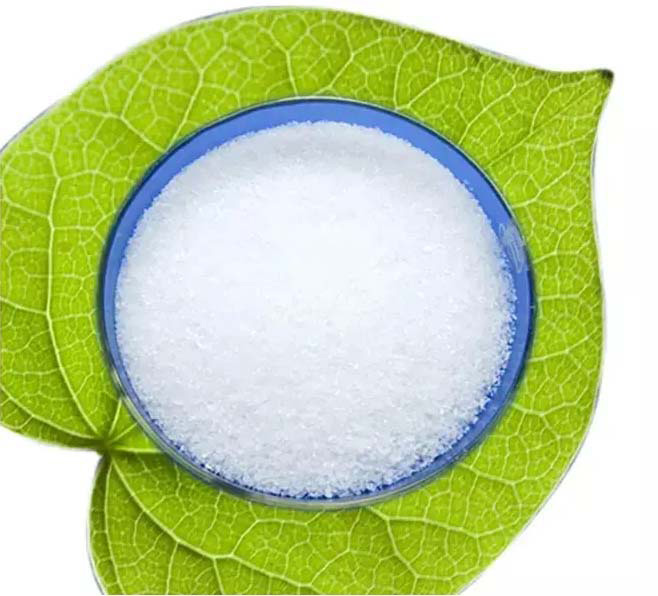Using the right fertilizer is crucial when it comes to promoting healthy plant growth. Ammonium dihydrogen phosphate (MAP) is a popular fertilizer among gardeners and farmers. This compound is a highly efficient source of phosphorus and nitrogen, two essential nutrients needed for plant growth. In this blog, we will explore the various uses and benefits of Mono Ammonium Phosphate Uses For Plants.
Ammonium dihydrogen phosphate is a water-soluble fertilizer that provides high concentrations of phosphorus and nitrogen, making it ideal for promoting well-developed root systems and vigorous growth. Phosphorus is essential for energy transfer within plants, while nitrogen is essential for chlorophyll production and overall plant growth. By providing these essential nutrients in an easily accessible form, monoammonium phosphate helps plants reach their full potential.
One of the main advantages of using mono ammonium phosphate is its versatility. It can be used in a variety of environments including farm fields, home gardens and greenhouse operations. Whether you grow fruits, vegetables, ornamentals or crops, monoammonium phosphate can be a valuable addition to your fertilization regimen. Its water-soluble nature also makes it easy to apply through irrigation systems, ensuring even distribution and effective uptake by plants.
In addition to promoting healthy growth, monoammonium phosphate can also help plants withstand environmental stress. Phosphorus plays a key role in strengthening plant cell walls and promoting disease resistance, while nitrogen supports the production of proteins and enzymes, thereby contributing to stress tolerance. By providing these essential nutrients, monoammonium phosphate helps plants better cope with adverse conditions such as drought, heat, or disease stress.
Additionally, monoammonium phosphate is particularly beneficial for plants growing in low-phosphorus soils. Soils in many areas of the world are naturally deficient in phosphorus, which limits plant growth and productivity. By supplementing soil with mono ammonium phosphate, growers can ensure their plants receive an adequate supply of phosphorus, thereby increasing yields and overall health.
When using monoammonium phosphate, it is important to follow recommended application rates and timings to avoid overfertilization and potential environmental impacts. As with any fertilizer, responsible use is key to maximizing its benefits while minimizing potential disadvantages. Additionally, it is recommended to conduct a soil test to determine the specific nutritional needs of your plants and adjust fertilization practices accordingly.
In summary, monoammonium phosphate is a valuable tool for promoting healthy plant growth and maximizing yields. Its high concentration of phosphorus and nitrogen and water-soluble properties make it an effective choice for a variety of plants and growing conditions. By incorporating monoammonium phosphate into your fertilization schedule, you can provide your plants with the essential nutrients they need to thrive.
Post time: Mar-19-2024

